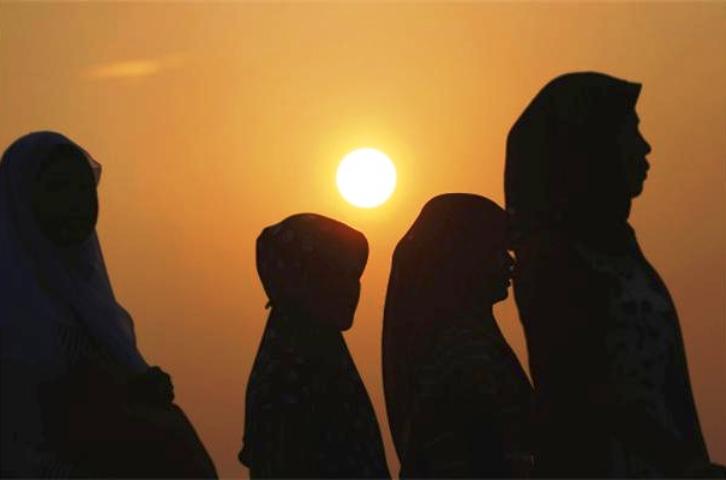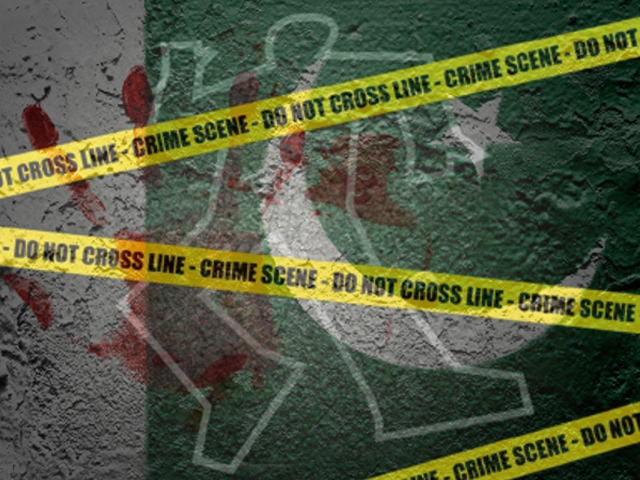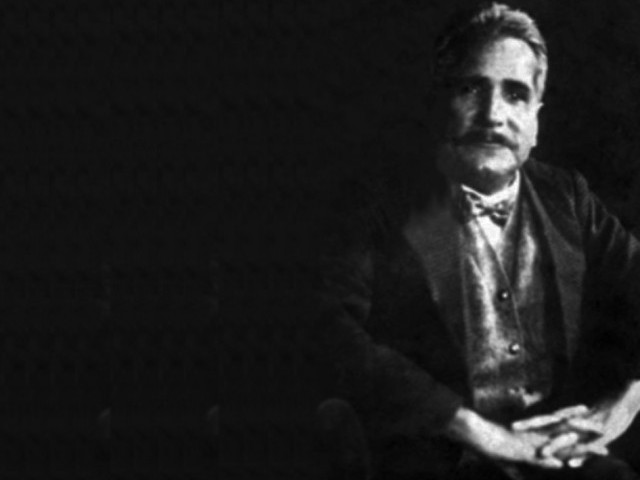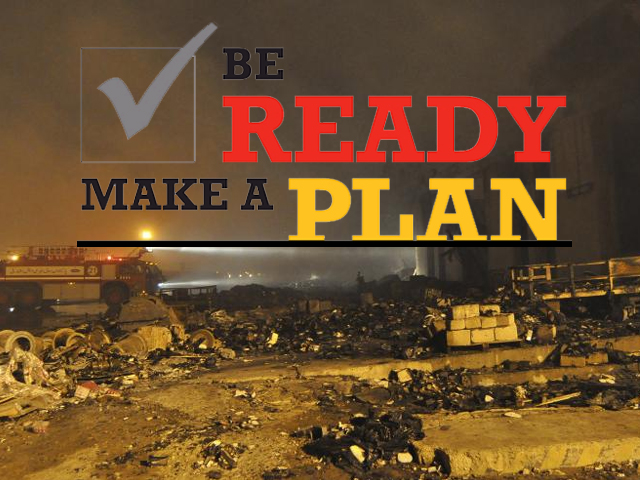
Lessons from a halaqa in the US: There is more to Islam than we 'think'
When extremism is shaking the very foundation of our country, Islamic knowledge is perhaps the most powerful weapon.
A couple of months ago, I was invited to attend a halaqa (Arabic for group study) at a university in the US where I was a visiting medical student for my elective. The halaqa had been organised by the Muslim Student Association (MSA) of the university.
I was curious to attend it for I had never been to one before. The concept seemed a bit unusual; it was not supposed to be like a dars, a lecture on any Islamic topic, but more of an open discussion. Moreover, the discussion was to be held under the supervision of a mentor who had the proper knowledge about Islam and was familiar with the Quran and Hadith. However, his job was not to lecture the people but rather steer the discussion in a direction that would make people reflect.
I have often come across people who love to give their opinions on any matter of religion whether they have substantial knowledge or not. And most of the time, it is the latter. Hence, I was interested to see how the participants would combine the elements of knowledge and opinion-based debate.
As a Pakistani, I am used to it but as a student and more particularly a medical student, I am frustrated by it. I have attended enough case presentations to be warned of the unwritten rule between doctors,
“Thou shall not venture an opinion, unless asked, on a case pertaining to a specialty that is not your own.”
A cardiologist would not express his recommendations on a neurological case even though both the cardiologist and neurologist have the same base degree – Bachelor of Medicine and Bachelor of Surgery (MBBS) or Doctor of Medicine (MD). In fact, a student or a professional of any field would feel the same way.
Yet, religion is something we take lightly. Apparently, we are all qualified to discuss and interpret it as we deem right.
The halaqa was perhaps my first ever discussion where people seemed earnest to learn what the Quran and Hadith really say about a certain topic as opposed to what they assume or what they like to believe it says. Any opinion they expressed related to how a particular Hadith could be interpreted or applied in their daily lives rather than what they think was right or wrong about it.
One of the participants stated that he had spent a few months just trying to learn Arabic so that it would help him understand and be able to interpret the Quran better. However, he said that the first basic step to learning anything about Islam is something we can all do individually – simply read the Quran and its meaning.
I wondered why the halaqa had such an impact on me. Perhaps it is because I have hardly come across such a gathering and atmosphere where people are more interested in learning about Islam than letting out their frustrations against it. You may question my use of such strong words but I say it because I realised that I too, was frustrated. I was lucky enough that my family inculcated basic values within me but have you ever seen our society with its injustice, greed and corruption functioning on the same foundations?
We get halal food in our country and we get to hear the azaan here but what else is ‘Islamic’ about us? What about the persecution of our minorities? Or the filthy state of our roads and streets? Or the persistent illiteracy present in the country?
Moreover, I realised my own bias against ‘religious’ people – a bias that others may also have. I used to think of them as rigid, narrow-minded and judgemental people who only saw the world in black and white. The halaqa showed me that I could not have been more wrong. The group I conversed with were one of the most gentle, smart and lively people I had ever met.
In some ways, we are all disillusioned. Not by Islam but rather by the lack of it. We are willing to follow every other ideology because we believe our religion is no longer the solution. But how do we know that when we have never truly applied it? We chant slogans of unity while dividing ourselves into liberals, moderates, socialists and what not.
Why is it not enough to call ourselves Muslims?
Why are we constantly running from the one ideology that may unite us all?
How can we ever truly fulfil the rights of minorities when we are such a divided majority?
In this time and age when extremism has shaken the very foundations of our country, authentic Islamic knowledge is perhaps the most powerful weapon we can arm ourselves with. It is a tried and tested method that can be used against such forces.
And it may be our only hope to get rid of our disillusionment.




COMMENTS (42)
Comments are moderated and generally will be posted if they are on-topic and not abusive.
For more information, please see our Comments FAQ